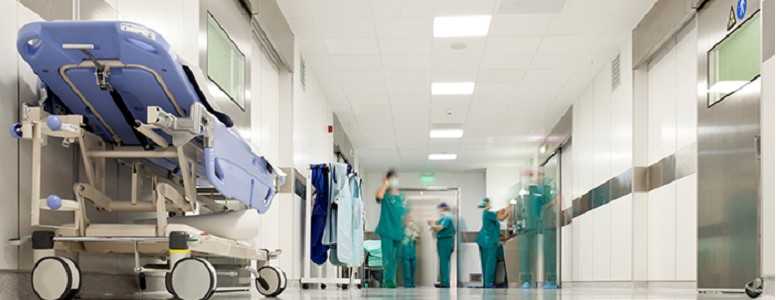Researchers at Thomas Jefferson University, studying the root causes of organ-transplant-induced diabetes, have found that up to 30 per cent of kidney transplant recipients presenting inflammation prior to surgery are more likely to develop type 2 diabetes.
The study findings, published in the journal CardioRenal Medicine, showed that the anti-organ rejection administration of immunosuppressive drugs – typically identified by doctors as a plausible cause for the development of diabetes post-surgery – is not the only way the disease can come about.
In order to get a better sense of how inflammation leads to diabetes in kidney transplant patients, Dr Martinez Cantarin and his colleagues analysed blood and tissue samples from 32 kidney recipients. Of those, 11 went on to develop diabetes within one year.
The research scientists identified the presence of tumour necrosis factor (TNF-alpha), a very active immune cell signalling cytokine, as a marker of inflammation in the blood of the newly diagnosed diabetic patients.
When researchers compared levels of TNF-alpha, which they suspected could be a key molecule in the control of the inflammatory changes that occur in patients before their surgery, they discovered that kidney recipients who developed diabetes had higher concentrations of this chemical in the blood than those who didn’t.
In fact, for every 25 per cent increase in TNF-alpha over the control group of healthy kidney donors, the patients doubled their risk of developing diabetes in the aftermath of the surgery.
Elements of the research also pointed out how kidney transplant recipients’ fat stores may help them get through the surgery or worsen their condition, depending on the production rate of TNF-alpha in fat cells.
Previous studies conducted on obese rodents and humans have revealed that, when over-expressed in the adipose tissue, TNF-alpha is associated with insulin resistance.
The research team noticed that patients who developed diabetes had a 40 per cent higher production of the inflammatory chemical in their fat tissues than those who did not get diabetes after the surgery.
This suggests that, left unchecked, an excess of TNF-alpha may provoke an imbalance in the patients’ cytokine profile, which mediates low-grade inflammation and dictates glucose control, setting them off for full-blown diabetes.
This study demonstrated that TNF-alpha-mediated chronic inflammation plays a role in the pathogenesis of diabetes, and that bringing down inflammation prior to transplantation could significantly reduce the risk of developing it.
What's new on the forum? ⭐️
Get our free newsletters
Stay up to date with the latest news, research and breakthroughs.







